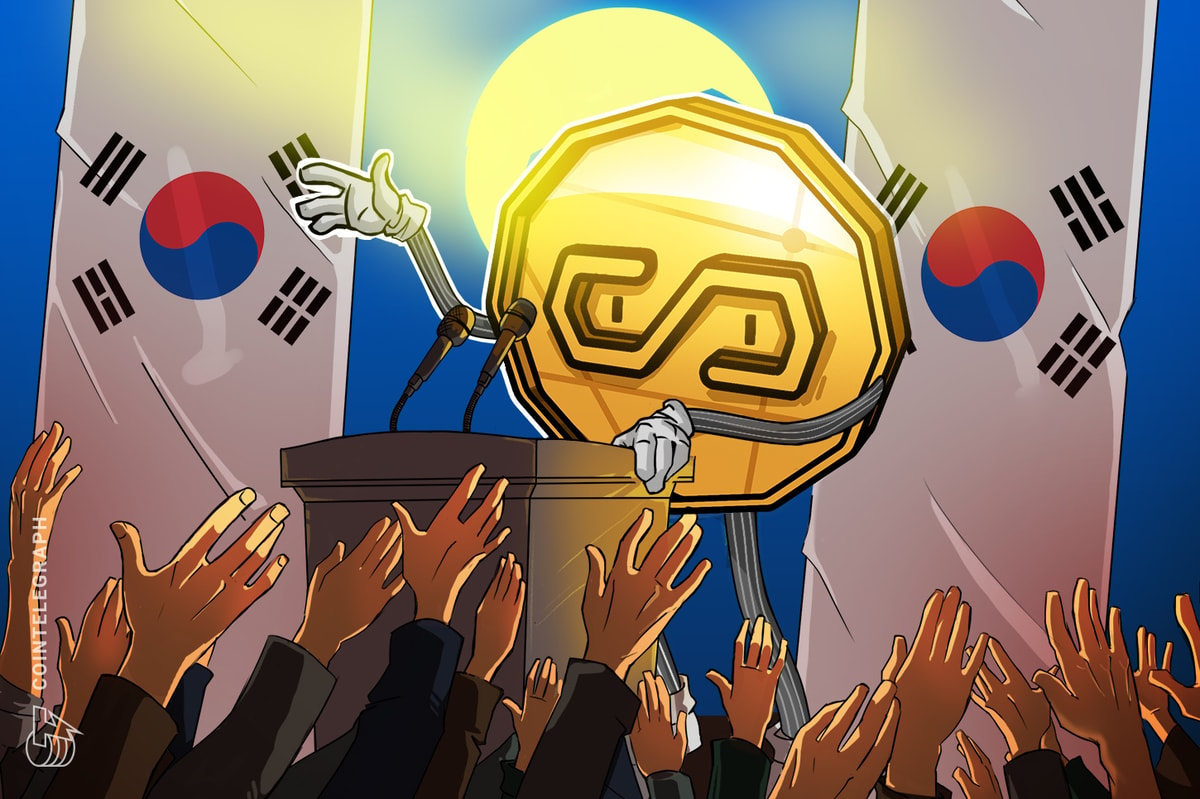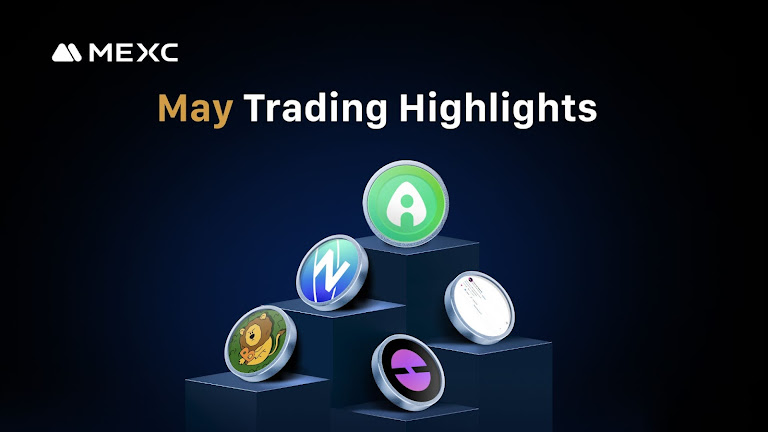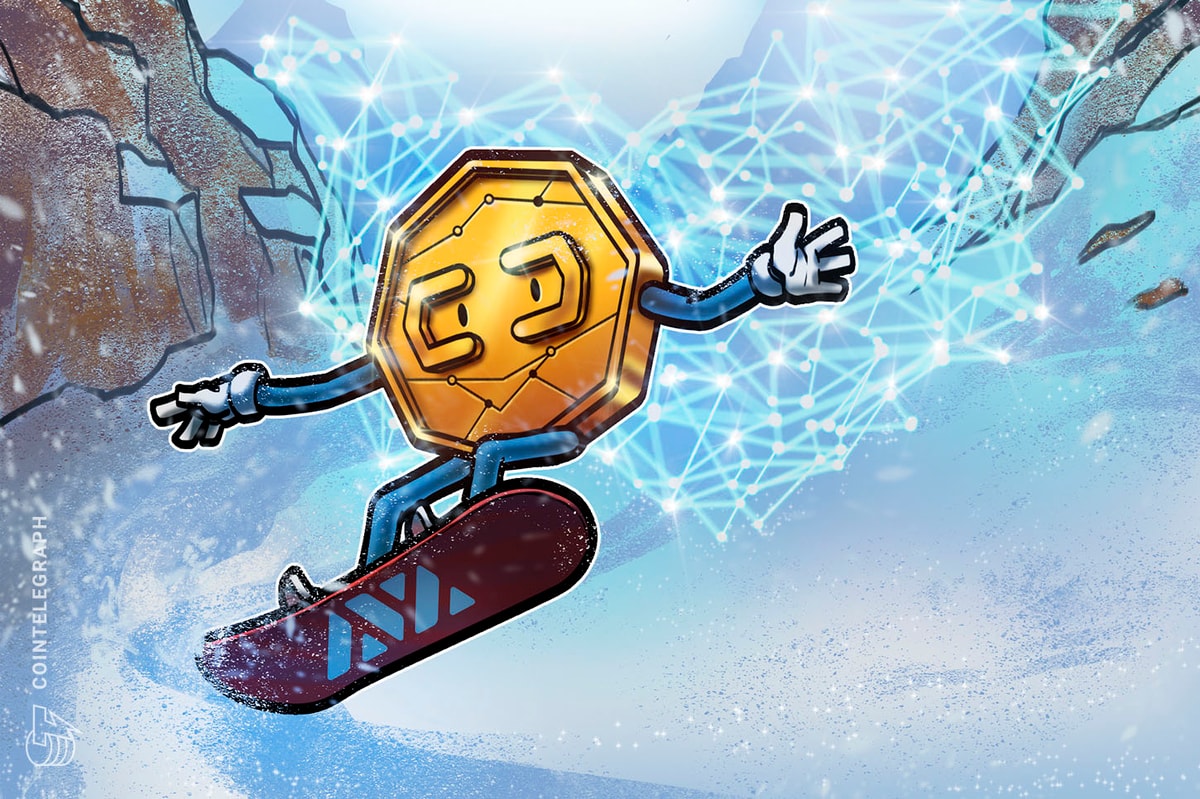
Earlier this year, some users of wrapped bitcoin wBTC were dismayed to find its issuer BitGo was sharing custody of their bitcoin (BTC) with BiT Global, a Hong Kong-based crypto custodian partly owned by TRON founder Justin Sun.
The episode “reopened old wounds inflicted by previous centralized custody failure,” even though it did not expose any novel flaws, the Bitcoin Builders Association (BBA) said in a report on Wednesday.
“These wounds cause BTC holders to be unwilling to trade off their self-custody for trusted solutions,” the report said.
The BBA noted that there’s been signs of growing distrust toward centralized entities. WBTC’s supply has dwindled to 0.74% of the total bitcoin circulating supply from 1.5% over two years ago.
The collapse of numerous crypto entities in 2022 highlighted the risks of ceding custody of one’s coins to centralized custodians, a lesson that many users are not willing to learn the hard way again.
WBTC Dominance
WBTC is an Ethereum-based token tradable 1:1 for BTC, allowing users to put their assets to work in the decentralized finance (DeFi) world which is largely unavailable in the Bitcoin ecosystem.
The token is comfortably the market leader in the tokenized BTC sector, accounting for a 60.4% share, according to the BBA. When added together with distant runner up BTCB (built on BNB), the two tokens have a market share of 87.2%.
However, this consolidation could be in the process of being broken up given the uptick in new tokens emerging of late. Of the 21 different participants in this sector, 40% have launched in 2024 or will do so in the near future, the BBA said.
The BBA listed each of these participants in the report and addressed some of the pros and cons of a select few. For example, wBTC is the most liquid token, is integrated across all the largest blockchains and has been stress-tested for over five years. However, the venture with BiT Global is a concern for many given the counterparty risk it introduces, “especially considering the involvement of Justin Sun, known for controversial practices in the crypto space,” according to the report.
On other hand, a token like Bitcoin layer-2 Stacks’ sBTC has yet to be stress tested (having gone live only this week) and its novel programming language Clarity can make DeFi integration more tricky. On the plus side, it is more decentralized than wBTC and inherits the protection of the Bitcoin network’s security.
The tokenized BTC market represents a mere 1.23% of the total bitcoin market cap, equal to around $25 billion at the time of writing.
“This highlights the immense untapped potential for solutions offering a programmable version of BTC,” the BBA said.
Read More: Bitcoin Project BOB Maps Out How the Original Blockchain Could Take Over DeFi
Read More: www.coindesk.com









 Bitcoin
Bitcoin  Ethereum
Ethereum  Tether
Tether  XRP
XRP  Solana
Solana  USDC
USDC  Dogecoin
Dogecoin  TRON
TRON  Cardano
Cardano  Lido Staked Ether
Lido Staked Ether  Wrapped Bitcoin
Wrapped Bitcoin  Hyperliquid
Hyperliquid  Sui
Sui  Wrapped stETH
Wrapped stETH  Chainlink
Chainlink  Avalanche
Avalanche  LEO Token
LEO Token  Stellar
Stellar  Bitcoin Cash
Bitcoin Cash  Toncoin
Toncoin  Shiba Inu
Shiba Inu  Hedera
Hedera  USDS
USDS  Litecoin
Litecoin  WETH
WETH  Wrapped eETH
Wrapped eETH  Polkadot
Polkadot  Monero
Monero  Binance Bridged USDT (BNB Smart Chain)
Binance Bridged USDT (BNB Smart Chain)  Ethena USDe
Ethena USDe  Bitget Token
Bitget Token  Pepe
Pepe  Coinbase Wrapped BTC
Coinbase Wrapped BTC  Pi Network
Pi Network  WhiteBIT Coin
WhiteBIT Coin  Aave
Aave  Uniswap
Uniswap  Dai
Dai  Bittensor
Bittensor  Ethena Staked USDe
Ethena Staked USDe  Internet Computer
Internet Computer  OKB
OKB  Aptos
Aptos  NEAR Protocol
NEAR Protocol  Cronos
Cronos  BlackRock USD Institutional Digital Liquidity Fund
BlackRock USD Institutional Digital Liquidity Fund  Jito Staked SOL
Jito Staked SOL  Ondo
Ondo  Ethereum Classic
Ethereum Classic